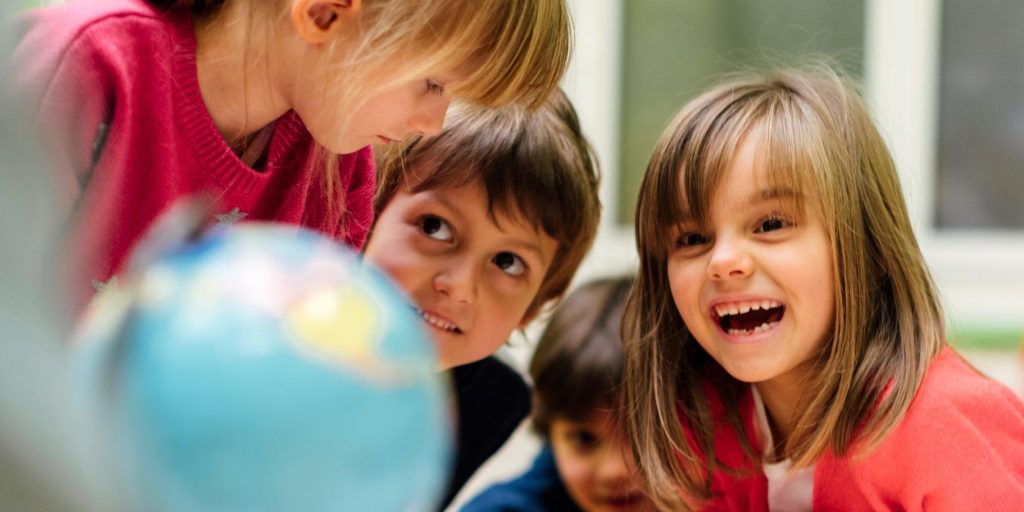27 Jan 2023 | Articles
Whirlwind of Emotions
The end of the year is a time that can mobilize all kinds of emotions. Some feel satisfied and happy about the past year and the accomplishments they have achieved; others may feel dissatisfied, sad, or angry about not having achieved what they had planned; still others may feel anxious or afraid of the new year ahead, full of uncertainties and challenges – and, who knows, hopes.
But why do we feel this whirlwind of emotions every year? Shouldn’t we have gotten used to this by now? And the rest of the year, why don’t we feel our emotions with such intensity?
This is the power of the rites of passage, of the various rituals of the culture of which we are a part. Birthdays, weddings, graduations, conclusions of all kinds, endings, and new beginnings: all have in common the mark of the passage of time. The perception of the passage of time – the notion of psychological time – can be the source of much pain and suffering. We can suffer from longing for what is gone, boredom of what is, or fear of what is yet to come.
Fortunately, the rituals we are part of can lend us psychological strength and help in the task of navigating time. See what the poet Carlos Drummond de Andrade wrote:
“Who had the idea of slicing time
which is called the year
was a genius individual. It industrialized hope,
making it work at the limit of exhaustion.
Twelve months is enough time for any human being to get tired and give up the points.
Then the miracle of renewal comes in and everything begins again,
With another number and another will to believe that from now on it will be different.”
Perhaps, in this new year, you can also put at the top of your list of goals learning skills that consolidate habits and routines to develop and protect your mental health. It is a never-ending job, covering the whole life cycle: from the youngest to the oldest. Set positive and realistic goals, intentionally generate pleasant emotions to enjoy well-being, manage the duration and intensity of your unpleasant emotions, learn to focus, manage conflict, in short, better understand your own emotions and use them for yourself and others as well. These are some of the emotional micro-competencies that can support us for a meaningful, emotion-filled life worth living every day, all year, for all the years.







